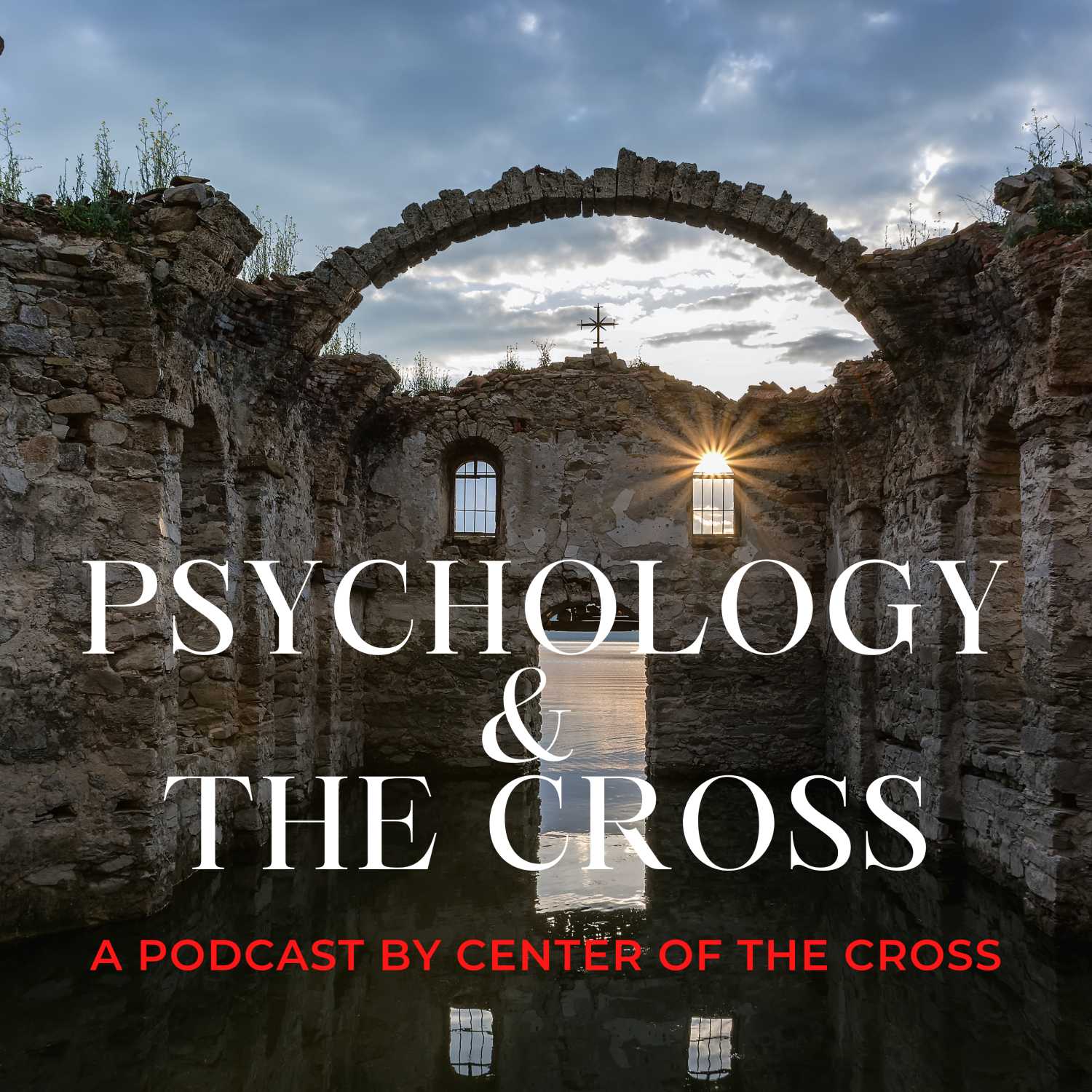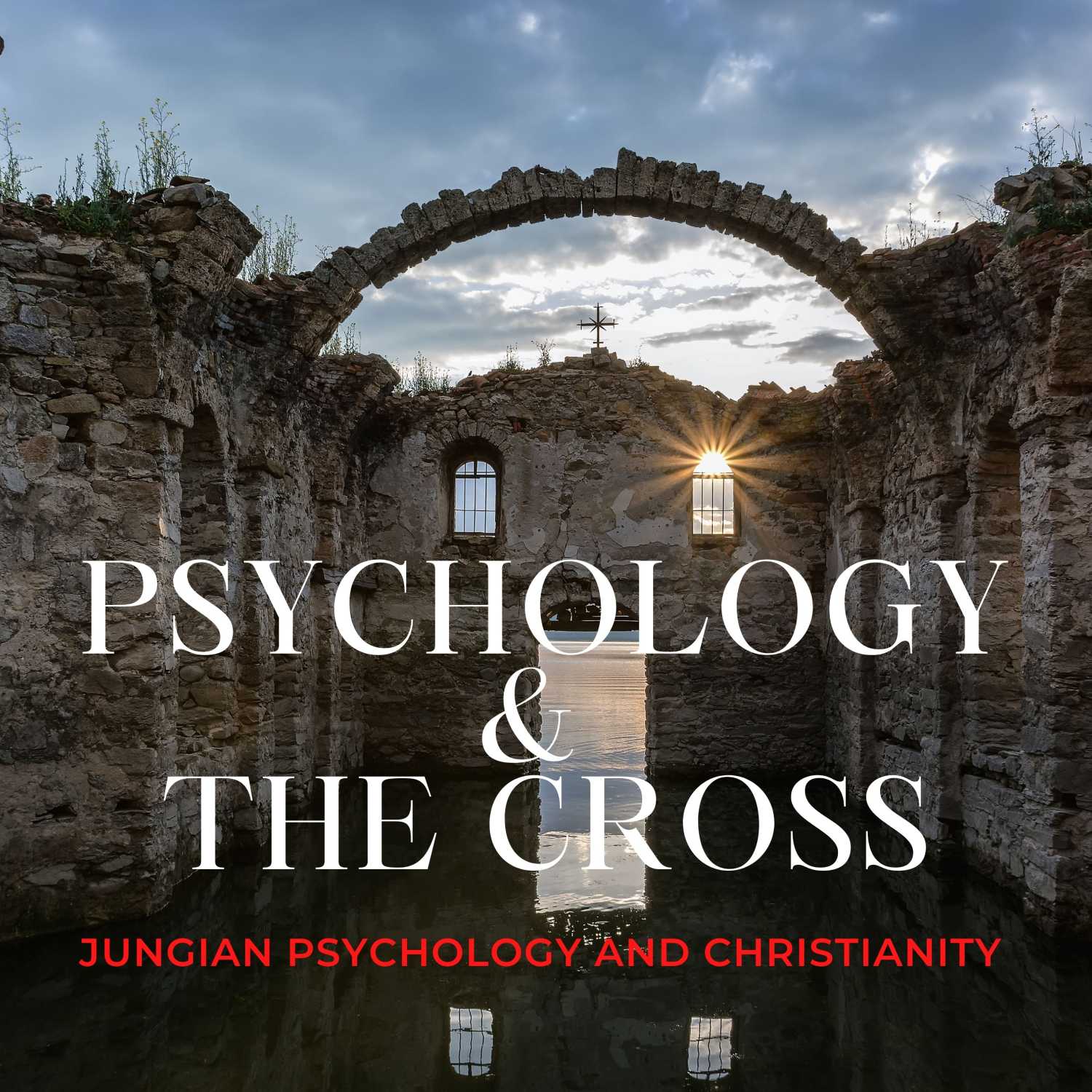
Psychology & The Cross: Foundations of Jungian Psychology
6
of
23
episodes indexed
Back to Search
-
All Episodes00:00:00
So for Jung, we know it's not the presence of a religious outlook that is psychologically damaging, but rather its absence. And that's very much where Jung is in opposition with Freud religion isn't something primitive and unnecessary, but really quite fundamental, you know, this search for a transcendent means is on the path with the survival instinct. So really quite important. Um and of course we ignore this religious orientation. Jung says this will lead into neurosis, a general sense of meaninglessness. I think maybe he says psychics sterility and paralysis and in a paralysis, and I think it's really interesting because in Kierkegaard you can see in certain work is writing about anxiety and despair, something that's so strikingly similar. so we know that Kirkegaard is very much on the same wavelength as Jung when it comes to restoring meaning to the superficial christendom, to superficiality of christendom and to restore meaning to an age that has all but lost it, you know?
00:01:14
Um it's softly drained away, he said it's, I mean, it's um I don't know what it written down where everything remains, but meaning has been subtly drained away. Um so they really come together in terms of emphasis in this religious experience, has been so deeply personal, you know, it's not mediated through a hierarchical authority and institutional church, it really is just the individual and God. Um so we have a situation where they're both condemning the neglected of the videos just experience and there are certain recovery of an abandoned religious self and there's a real sense of very uh religious healing in this, because there's a shared focus on the individual individuals potential for becoming a whole and genuine, authentic self for a union with God.
00:02:18
So, what we have is Jung's individuation, of course. And then I'm very much comparing this with Kierkegaards resting transparently. And to my mind that they're both means are becoming that which God intends us to be, and that's quite important, is that it is about, it's about becoming who you are before God, not becoming who you might want to be or that which you desire to be. So, the therapeutic value of faith could be said to lay in. They're becoming a genuine self standing before God, accepting herself that you are as God given and embracing the task that God has set. So that's is that becoming a self through what could be described as a religious journey initiated by and conducted through a deep sense of despair and spiritual disquiet. Um so, it's fundamental for both human Kirkegaard, that that finding this religious attitude or perhaps in a more in Kierkegaardian terminology at this religious passion, it is the development of this religious um orientation that facilitates self acceptance.
00:03:33
So, for Kirkegaard, the absolute culmination of faith is in this, resting transparently with God and this is the complete stripping down of everything that's false. Um it's kind of the achievement of that individual truth. So, I think that's where you can kind of align the thoughts of Kirkegaard with the thoughts of Jung that this is really, it's becoming who you are, it's choosing yourself and it's more than just self acceptance and self knowledge. It's this sense of developing everything that is there.

C.G Jung & Kierkegaard on the therapeutic value of Faith (Extra material E02)
C.G Jung & Kierkegaard on the therapeutic value of Faith (Extra material E02)
replay_10 forward_10
1.0x